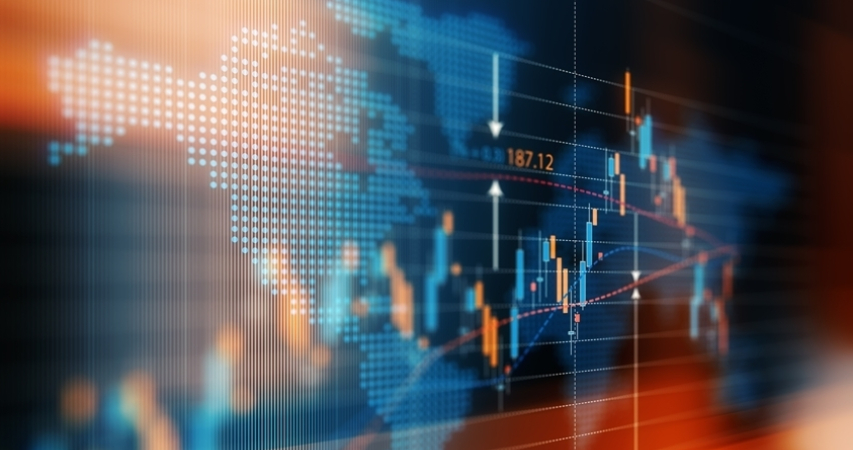
Under the shadow of tariff policies, global financial markets are experiencing a silent migration of assets. The latest data from Goldman Sachs shows that hedge funds are selling technology stocks on the largest scale, while the energy and materials sectors are net buying against the trend. Behind this seemingly contradictory operation, it reflects the profound prediction of institutional investors on the global economic landscape.
After the Trump administration's new round of tariff lists landed, the technology hardware sector was the first to bear the brunt. Morgan Stanley estimates that if tariffs are imposed on semiconductor equipment, the gross profit margins of leading companies such as Nvidia and AMD will drop by 2-3 percentage points. This cost pressure is particularly fatal in the context of the AI computing power arms race, because the cost of training large models has approached the critical point. Hedge funds' short positions on such companies surged 37% in mid-March, hitting a new high this year.
The risk of supply chain reconstruction brought about by tariffs is even more worrying for institutions. Apple's recently disclosed supplier list shows that the proportion of its suppliers in mainland China has dropped from 44% in 2015 to 34%, but key chip manufacturing is still highly dependent on Asian companies such as TSMC. This supply chain dilemma of "nominally de-risking, but still relying on" has made technology giants face unprecedented policy uncertainty.
Goldman Sachs Prime's fund flow monitoring shows that hedge funds are performing "ice and fire" operations: on the one hand, they are selling technology stocks at the fastest speed in five months, and on the other hand, they are setting a record for weekly net buying in the energy sector. Behind this divergence is the institution's deep insight into the economic cycle. When the market expects the Federal Reserve to start cutting interest rates in the third quarter of 2025, the energy sector tends to react in advance because the low interest rate environment will stimulate commodity demand.
The counter-trend strength of the materials sector is more symbolic. Bloomberg statistics show that long positions in cyclical industries such as steel and aluminum have risen to a three-year high. This reflects that hedge funds are hedging risks by allocating commodity-related assets in the inflation expectations that may be triggered by tariff policies. This "defensive offensive" strategy has been proven effective many times after the 2008 financial crisis.
It is worth noting that while institutions are accelerating their selling, retail funds continue to flow into technology stocks. Robinhood platform data shows that in March, retail investors' average daily trading volume for Tesla and Nvidia increased by 42% from the previous month. This divergence may be brewing new market risks. Historical experience shows that when institutions and retail investors form a significant position difference, it often indicates that the market is about to change direction.
What is more worthy of attention is the abnormal movement in the options market. CME data shows that the holdings of technology stock put options have exceeded the high point in October 2022, but the implied volatility is at a historical low. This divergence of "large holdings and low volatility" suggests that the market may be accumulating potential selling pressure. Once economic data or corporate financial reports are negative, technology stocks may face drastic adjustments.
The restructuring of the global industrial chain caused by tariff policies is profoundly changing the operating logic of the capital market. The maneuvering of hedge funds between technology stocks and cyclical stocks is not only an active avoidance of policy risks, but also an early layout of the economic cycle. When retail investors and institutions form significant position differences, the market may be brewing new changes. For investors, understanding the logic behind this capital game may help them find a definite answer in a market full of uncertainty.

Since 2025, the conflict between the United States and Europe over the governance of the digital economy has continued to escalate.
Since 2025, the conflict between the United States and Euro…
When German Chancellor Mertz officially announced that he w…
On December 3rd local time, the copper price on the London …
The European Commission announced a new economic security s…
The European Commission announced a new economic security s…
For nearly a year, US President Donald Trump has launched a…